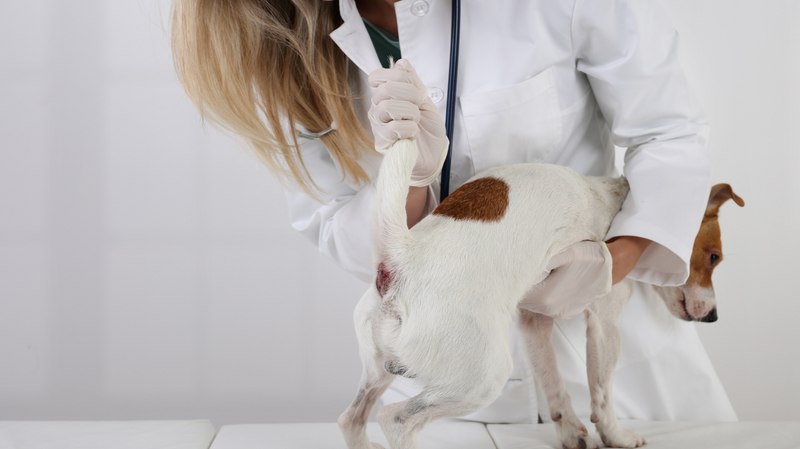
Should I express my dog's anal glands?
A topic that may sound a little bit unpleasant, but trust me, it’s important for your furry friend’s health and happiness: anal gland expression!
Now, I know what you’re thinking. “Ew, anal glands? That sounds gross!” But hear me out. Your dog’s anal glands are located on either side of their anus, and they’re responsible for producing a smelly fluid that helps them mark their territory and communicate with other dogs. Normally, the fluid is expelled during bowel movements, but sometimes, the glands can get blocked or infected, which can cause discomfort and even lead to infection. That’s where we come in - we need to give those glands a little squeeze to release the fluid and keep your dog feeling their best.
If your dog has regular anal gland issues, your vet may recommend that you learn how to express them yourself.
Know the risks
Expressing anal glands is a procedure commonly performed on dogs and cats to relieve discomfort caused by the accumulation of secretions in their anal sacs. While it is generally a safe procedure when performed by a trained professional, there are some potential risks and complications that pet owners should be aware of.
-
Injury to the Anal Glands or Surrounding Tissues: If the anal glands are overly full or impacted, there is a risk that the gland may rupture during the expressing process. Additionally, if the person performing the procedure applies too much pressure, they may accidentally injure the surrounding tissues, leading to pain and discomfort.
-
Infection: Expressing the anal glands can introduce bacteria into the surrounding tissues and bloodstream, leading to infection. This risk can be minimized by ensuring that the area is clean before and after the procedure.
-
Allergic Reactions: In some rare cases, pets may have an allergic reaction to the expressing solution used during the procedure. This can result in swelling, itching, and discomfort.
-
Behavioral Changes: Some pets may become fearful or aggressive during or after the procedure, which can make future gland expression difficult.
Overall, while expressing anal glands is generally a safe procedure, there are some potential risks that should be taken into consideration. It is always best to consult with a veterinarian or a trained professional before attempting to perform the procedure yourself.
These blog posts are not medical advice and If you have any concerns we'd always recommend to discuss them with your veterinarian. For any questions for team Scooch, please do reach out to us at woof@helloscooch.com
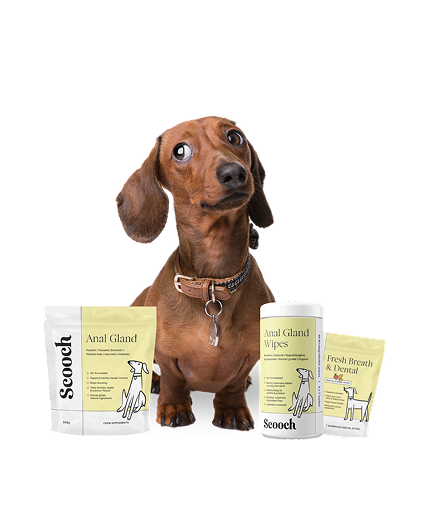
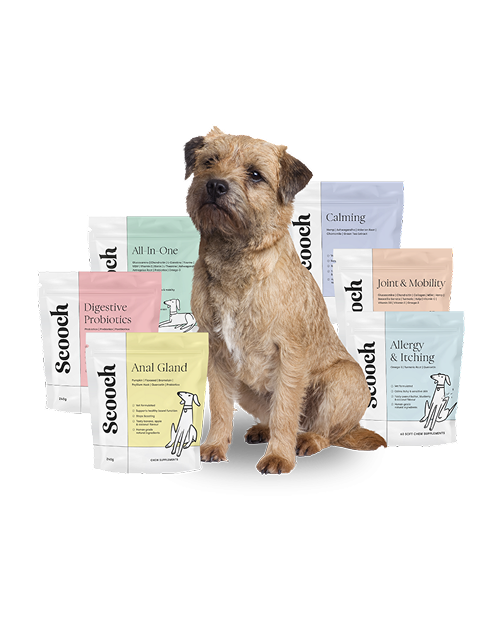
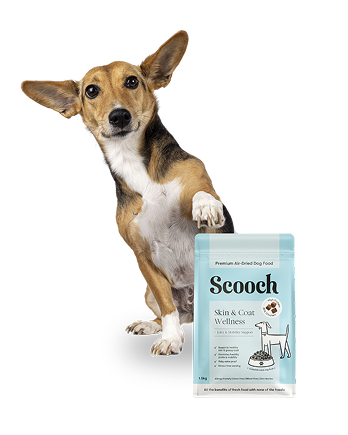
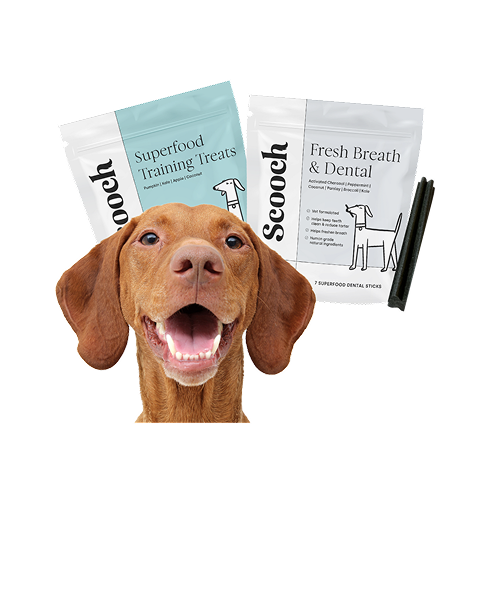
 Scooch health
Scooch health